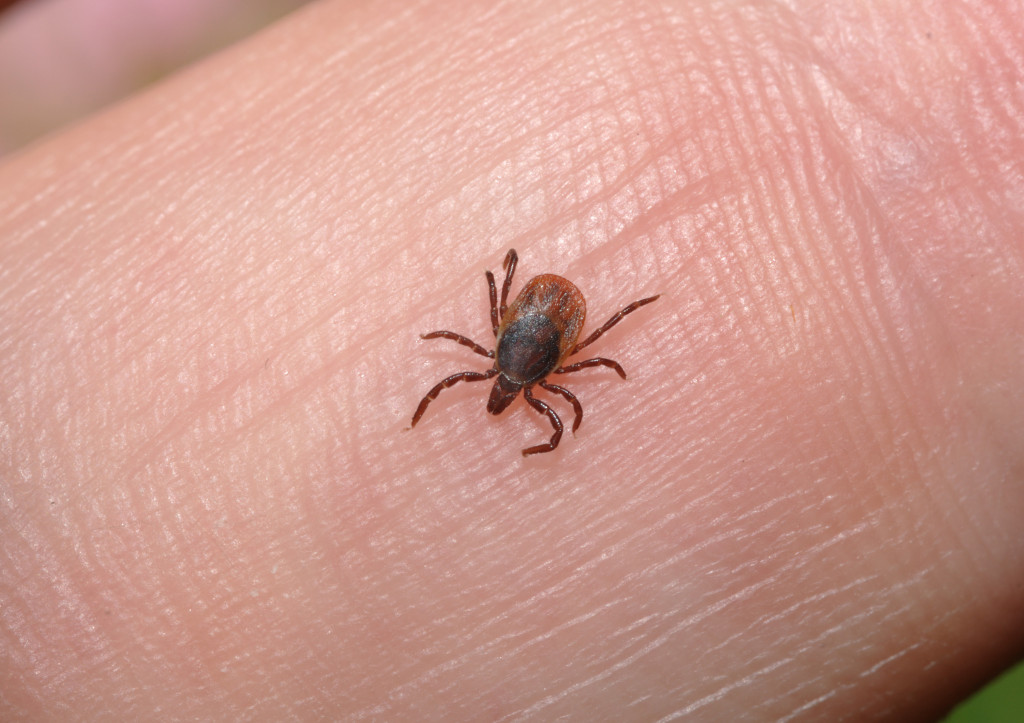- Find a Lyme-literate doctor and explore various treatment options, such as antibiotics, natural remedies, and alternative therapies.
- Prioritize self-care and engage in activities that bring you joy to maintain your physical and emotional health.
- Seek support from other people with Lyme disease who are going through similar experiences.
- Focus on things that you can control and practice self-compassion.
- Don’t let your diagnosis define you; focus on what you can do despite your illness.
Living with a chronic illness such as Lyme disease isn’t easy. Not only does it affect your physical health, but it can also take a toll on your mental and emotional well-being. However, it’s important to remember that having Lyme disease doesn’t define who you are, and you can still live a normal and happy life with the proper treatment, support, and attitude.
This blog post will discuss tips and strategies for living a fulfilling life with Lyme disease. Whether you’re newly diagnosed or have been living with the disease for a while, this post will provide valuable insights and inspiration.
1. Find a Lyme-literate doctor:
One of the most important things you can do when living with Lyme disease is find a doctor specializing in treating the condition. Lyme disease is often misdiagnosed or undertreated, so it’s crucial to have a doctor who understands the complexities of the disease and can provide you with the right treatment plan. You can find a Lyme-literate doctor through organizations like the International Lyme and Associated Diseases Society (ILADS). Your doctor can also help you explore various treatment options, including the following:
a. Antibiotics:
Antibiotics are the most common treatment for Lyme disease. Generally, a course of antibiotics is given for four to six weeks to kill the bacteria that cause Lyme disease. But always discuss the potential risks and side effects of antibiotics with your doctor before starting any treatment.

b. Natural remedies:
The use of natural remedies can be a great way to boost your immunity and fight off the infection. Examples of natural remedies include herbal supplements, probiotics, essential oils, and nutrition. Some people find that adding dietary supplements such as vitamin B12 and omega-3 fatty acids can also help with fatigue, joint pain, and other symptoms of Lyme disease.
c. Alternative treatments:
There are a variety of alternative therapies that may be beneficial for people with Lyme disease, although more research is needed. These include acupuncture, homeopathy, yoga, and meditation. One of the more popular forms of alternative therapy is hyperthermia treatment for Lyme disease, where a person is exposed to high temperatures to kill the bacterial infection. This treatment should always be done under the supervision of a qualified physician.
d. Cognitive-behavioral therapy:
Cognitive-behavioral therapy can also be beneficial for people with Lyme disease. This type of therapy focuses on changing negative thought patterns and behaviors to cope with the physical, psychological, and emotional effects of Lyme disease.
2. Prioritize self-care:
Living with a chronic illness can be exhausting, both physically and emotionally. That’s why it’s important to prioritize self-care activities that help you feel your best. This could include getting plenty of rest, eating a healthy diet, practicing stress-reducing techniques such as yoga or meditation, and engaging in activities that bring you joy and fulfillment.
3. Seek out support:
Living with a chronic illness can be isolating, but remember: you’re not alone. There are many support groups and online communities for people with Lyme disease where you can connect with others going through similar experiences. Not only can this provide you with a sense of belonging and understanding, but you can also learn valuable tips and strategies for managing your symptoms and living your best life. Look for local support groups, online forums, and even virtual meetups.

4. Focus on what you can control:
Living with Lyme disease can often feel like you’re at the mercy of your symptoms, but focusing on what you can control is essential. This could include sticking to your treatment plan, practicing healthy habits, setting achievable goals, and concentrating on the positive things in your life. By taking control of what you can, you can feel empowered and motivated to keep moving forward.
5. Don’t let Lyme disease define you:
Finally, it’s important to remember that Lyme disease doesn’t define you. You are so much more than your diagnosis, and you can still live a fulfilling and happy life despite your symptoms. Focus on your passions, strengths, and what brings you joy. Remember to practice self-compassion and celebrate your victories, no matter how small they may seem.
Living with Lyme disease can be challenging, but it’s important to remember that you can still live a normal and happy life with the right attitude and support. By finding a Lyme-literate doctor, prioritizing self-care, seeking support, focusing on what you can control, and not letting your diagnosis define you, you can thrive despite your symptoms. Remember to take things one day at a time and celebrate the small victories along the way. With the right mindset and strategies, you can live a fulfilling life with Lyme disease.

